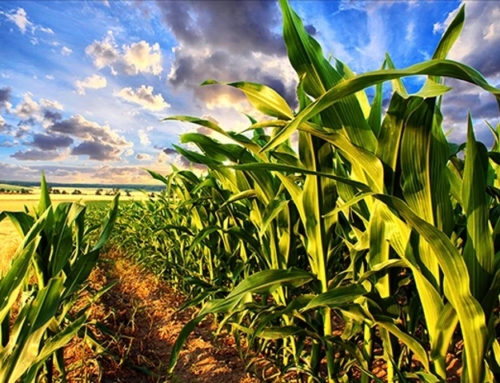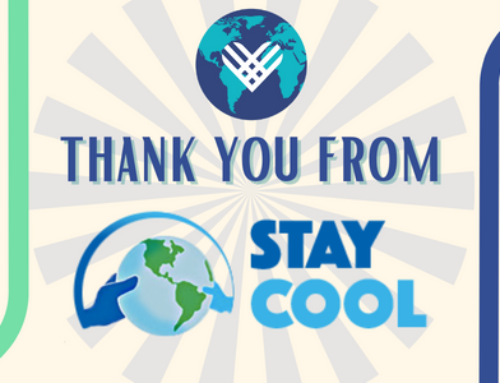While the jury is still out for this year, 2020 marked a historic year for extreme weather in communities across the country. Indeed, a recent report from NOAA’s National Centers for Environmental Information indicates that the US shattered previous records, with 22 separate billion-dollar weather and climate disasters and a total of $95 billion in losses.
The San Diego region got an early taste of the devastating impact of climate change more than a decade ago, when what were two of the largest wildfires in California’s history ravaged neighborhoods and communities across the county in 2003 and 2007, burning nearly 750,000 acres, destroying 5,455 structures and killing 24 people. These two events cost our region $4.5 billion in combined damages.
Our region’s tragic brush with wildfires did have a silver lining: it catalyzed efforts by advocates, scientists, public officials, philanthropy, and nonprofits to come together in advancing more aggressive and comprehensive local action on climate change.
 One early effort that has been instrumental in aligning the work of local governments and public agencies in planning, projects and funding has been the San Diego Regional Climate Collaborative. And now, more than a decade in, the Collaborative has played a pivotal role in helping our region reduce polluting emissions while preparing for the impacts of climate change. You can find more information in their new report, the San Diego Regional Climate Collaborative: A Decade of Impact.
One early effort that has been instrumental in aligning the work of local governments and public agencies in planning, projects and funding has been the San Diego Regional Climate Collaborative. And now, more than a decade in, the Collaborative has played a pivotal role in helping our region reduce polluting emissions while preparing for the impacts of climate change. You can find more information in their new report, the San Diego Regional Climate Collaborative: A Decade of Impact.
Looking forward, the Collaborative has joined Resilient Cities Catalyst and other organizations across the state to form the California Resilience Partnership (CRP). CRP is poised to undertake high-impact projects that tackle California’s complex resilience challenges in regions across the state.
As a founding member of STAY COOL for Grandkids, I take heart in positive momentum wherever I can find it. And what better place to find hope than in our own backyard?
Authored by STAY COOL Advisor Emily Young, PhD, Executive Director, The Nonprofit Institute, University of San Diego.



